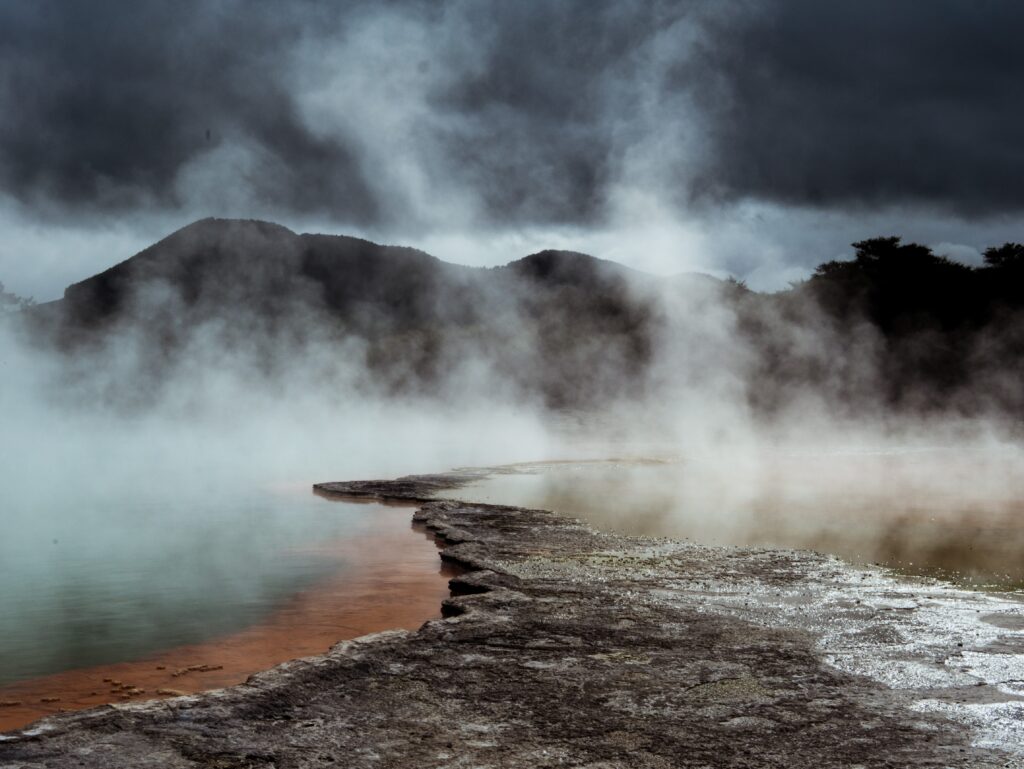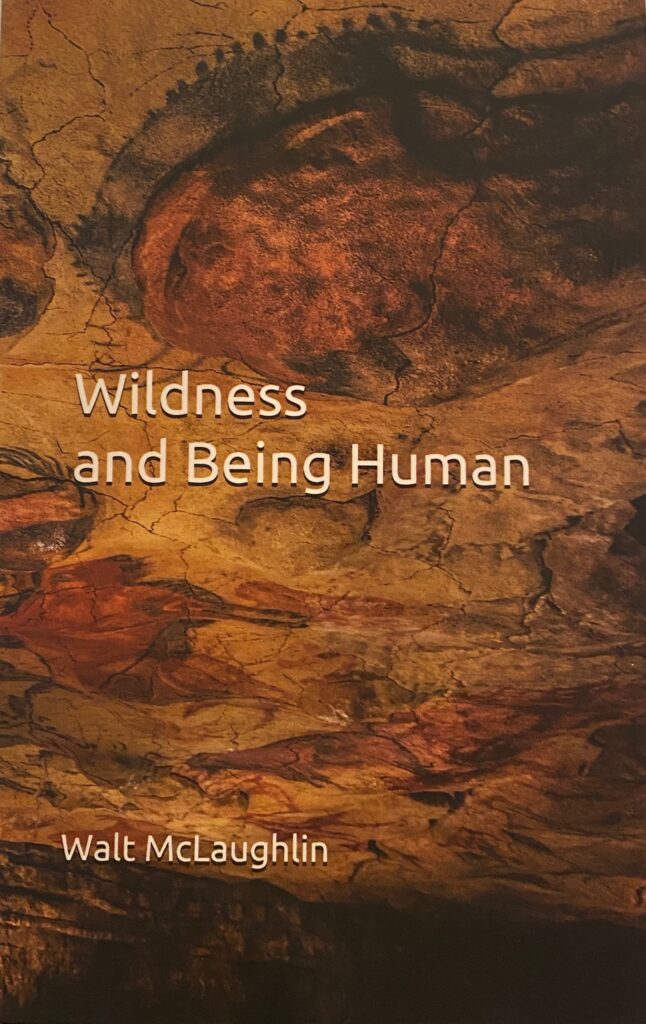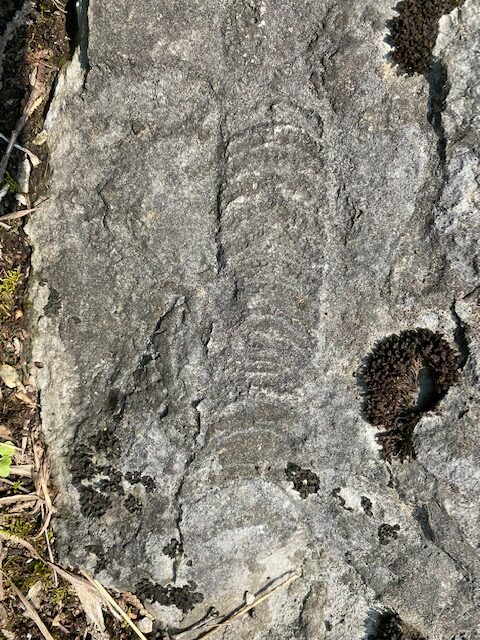Feb 03 2022
Contemplating Life’s Origin

The origin and nature of life is a true mystery – perhaps the greatest mystery there is. My interest in the subject kicked into high gear after reading Erwin Schrodinger’s What Is Life? a little over a month ago. With the eyes of a quantum physicist, he sees the essential part of a living cell as an aperiodic crystal, versus the periodic crystals commonly found in inanimate matter. By this he means they are strange and complex structures that do not comply with the laws of physics. That’s a gross understatement, if ever there was one.
It has been a long winter so far. Subzero temps kept me indoors during most of January. I’ve had too much time to ponder life’s origin – waaay too much time, my wife Judy would say. I’ve read other books on the subject and must confess that I’m no wiser for it. After reading Schrodinger, I went through a college textbook on organic chemistry. Oh yeah, I’m in deep now.
Last summer I sat in dense woods watching wildlife go about their business and wondered how all this came to be. The next thing I know I’m studying the molecular structure of living cells. The quest for a true understanding of nature is a slippery slope, indeed.
This is what I know so far about life-forms: multicellular organisms exploded on the scene roughly 540 million years ago, once there was plenty of oxygen in the Earth’s atmosphere. Before that, bacteria and other single-celled organisms ruled the world. The first organisms, archaea, were heat-loving entities that lived in the extreme conditions on this planet 4 billion years ago. How they came into existence is anyone’s guess.
Even the simplest, single-cell organism is incredibly complex. It didn’t just pop up out of nowhere. There is randomness in the evolutionary process, certainly, but something had to get the ball rolling. Is there some kind of cosmic template for life? While contemplating that, my head explodes.
Hard to say just how far I’ll take this line of investigation, or where it will lead. I’m thinking I need a microscope and a good book on astrobiology. I’m thinking I need to learn more about the origin and nature of consciousness, as well. No doubt Judy’s thinking spring better get here soon.
Comments Off on Contemplating Life’s Origin



